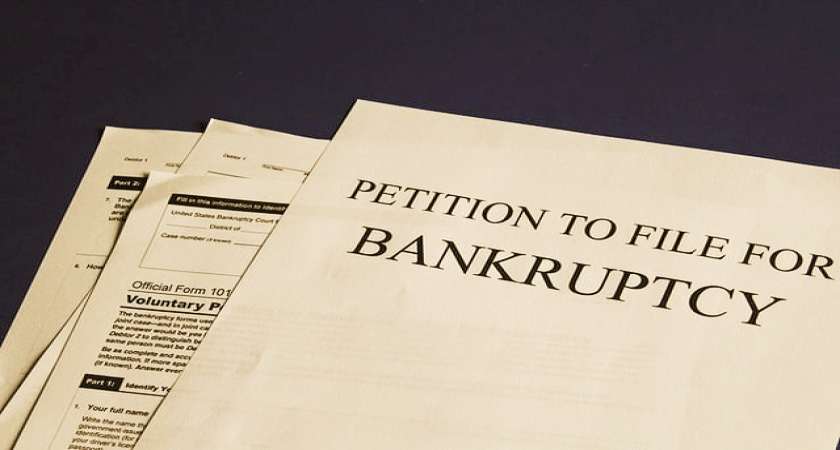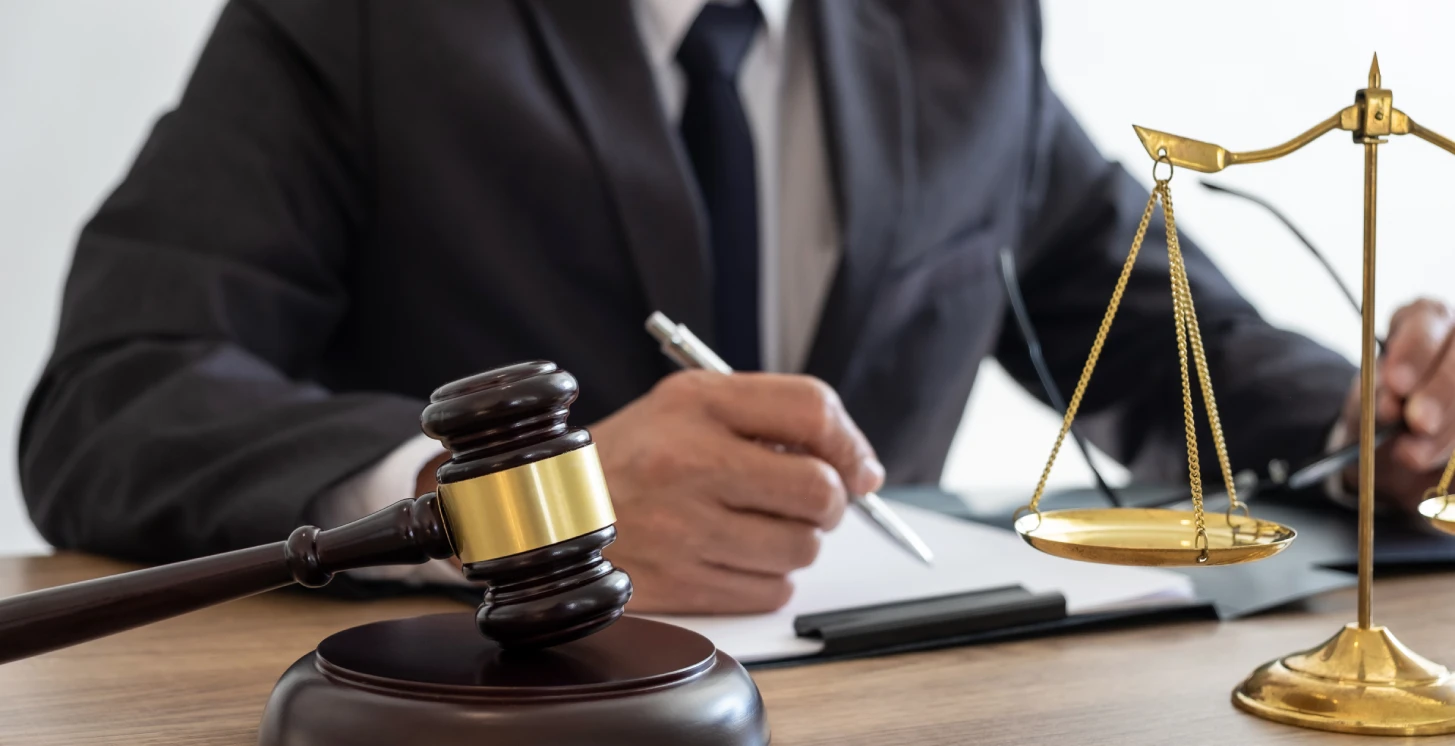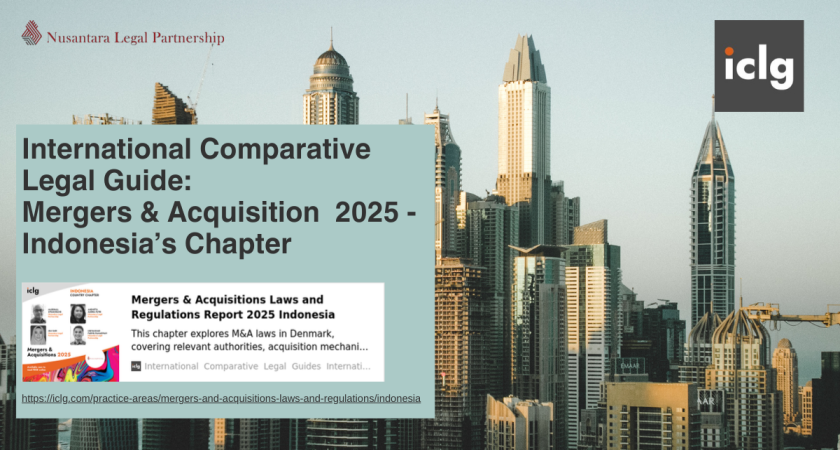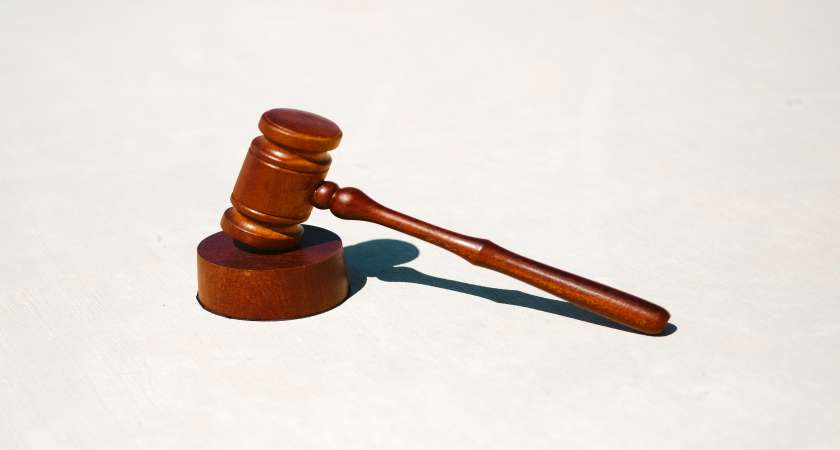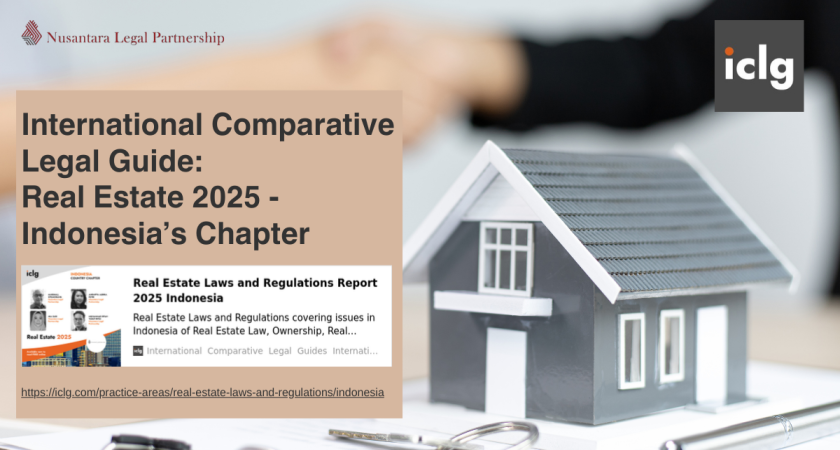On 29 April 2020, the Head of Indonesia Supreme Court has issued new guidelines on the settlement of bankruptcy and Suspension of Debt Payment Obligation/ Penundaan Kewajiban Pembayaran Utang (“PKPU”) . The guidelines provide comprehensive provisions from the eligible parties, complete requirements and procedures to be undertaken, as well as various remedies upon the decision of such claim. Furthermore, we also note that due to the current unfolding COVID-19 pandemic, new measures have been implemented within the Supreme Court domain.
Legal Framework: In preparing the below executive summary, we refer to the following prevailing laws and regulations:
- Law No. 37 of 2004 on Bankruptcy and Suspension of Debt Payment Obligation (“Law 37/2004”) ;
- Decree of Head of Supreme Court of the Republic of Indonesia No. 109/KMA/SK/IV/2020 of 2020 on The Enforcement of the Guidelines for the Settlement of Bankruptcy and Suspension of Debt Payment Obligations (“Decree 109/2020”) ; and
- Circular Letter of Supreme Court of the Republic of Indonesia/ Surat Edaran Mahkamah Agung (“SEMA”) No.1 of 2020 on Guidelines for the Implementation of Assignments during the Prevention of Corona Virus Disease 2019 (COVID-19) Period within the Supreme Court and Its Subordinate (“SEMA 1/2020”) .
Note: Please be advised that Decree 109/2020 has revoked the previously enacted Supreme Court Decree No. 3/KMA/SK/IV/2020 dated 14 January 2020 (“Decree 3/2020”) .
Main Keys of the Updates on Bankruptcy and PKPU Provision: Please find the below main keys of the updates on bankruptcy and PKPU provision.
Eligible Claimants of Bankruptcy and PKPU Petitions: The Decree 109/2020 stipulated the parties who are qualified to appeal for Bankruptcy and PKPU petitions are the following:
| Bankruptcy |
|
|---|---|
|
PKPU |
NLP Note: We note that the Decree 109/2020 has revised the restriction of the secured creditor from filing a PKPU petition as stipulated under the Decree 3/2020. Hence, now both secured and unsecured creditors are allowed to file for a PKPU petition. |
Additional on Mandatory Documents of Bankruptcy: We note that the Decree 109/2020 includes List of Assets and Audited Financial Statements as compulsory documents to be submitted to the relevant commercial court in bankruptcy petitions.
Furthermore, the Decree 109/2020 stipulates that Creditor’s data obtained from the OJK’s Financial Information Services System/ Sistem Layanan Informasi Keuangan (SLIK) shall not be treated as sufficient evidence to convince the existence of creditors unless it is supported by other evidences. (Point 5.1.2 letter H of Book I of Appendix of Decree 109/2020).
Note: Please refer to the following provisions for a complete list of required documents:
1. Bankruptcy: Point 1-1 and 1-2, Section A, Book I, Appendix of Decree 109/2020;
2. PKPU: Point 1-1 and 1-2, Section B, Book I, Appendix of Decree 109/2020.
Settlement of Bankruptcy Assets: The Decree 109/2020 requires the Receiver to convene a private sale of the bankruptcy assets upon the approval of Supervisory Judge provided that at least 2 (two) public auctions have been conducted and yet achieved any settlement (Point 17.2.7, Section A Book II of Appendix of Decree 109/2020). We note that such provision has enhanced the general statute as set out in Art. 185 (1) and (2) of Law 37/2004.
Relief on the Limitation of PKPU Period amidst the COVID-19 Pandemic: We note that the process of PKPU has certain limitations period. Nevertheless, due to the current unfolding COVID-19, we note that the Supreme Court has set out relaxation on such stipulation as defined on the below table.
|
Type of PKPU |
Limitation Period |
Remark |
|---|---|---|
|
Temporary PKPU |
No later than 45 days since the decision of temporary PKPU has been declared (Art. 225 (4) of Law 37/2004) |
We note that during the COVID-19 emergency period the Judge may postpone the examination of any cases, even though it is exceeding the examination period as stated by the prevailing laws and regulation forasmuch that the Substitute Registrar/ Panitera Pengganti shall record such extraordinary procedure in the Official Minutes/ Berita Acara Sidang . (Point 2 Letter C of SEMA 1/2020) |
|
Permanent PKPU |
No later than 270 days after the decision of temporary PKPU has been declared (Art. 228 (6) of Law 37/2004) |
The article above was prepared by Marshall S. Situmorang (Partner ) and A niendita Rahmawati (Associate) .

